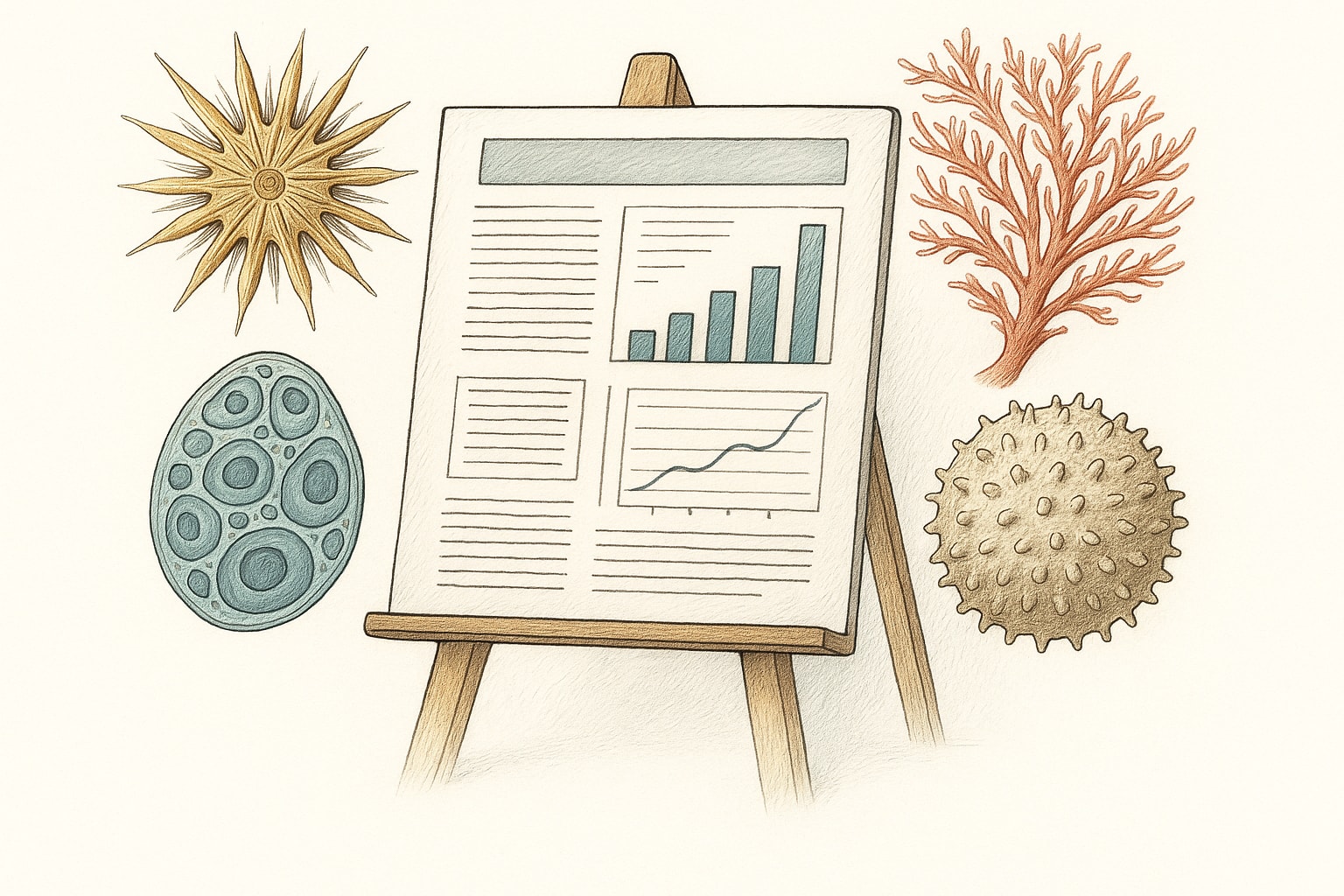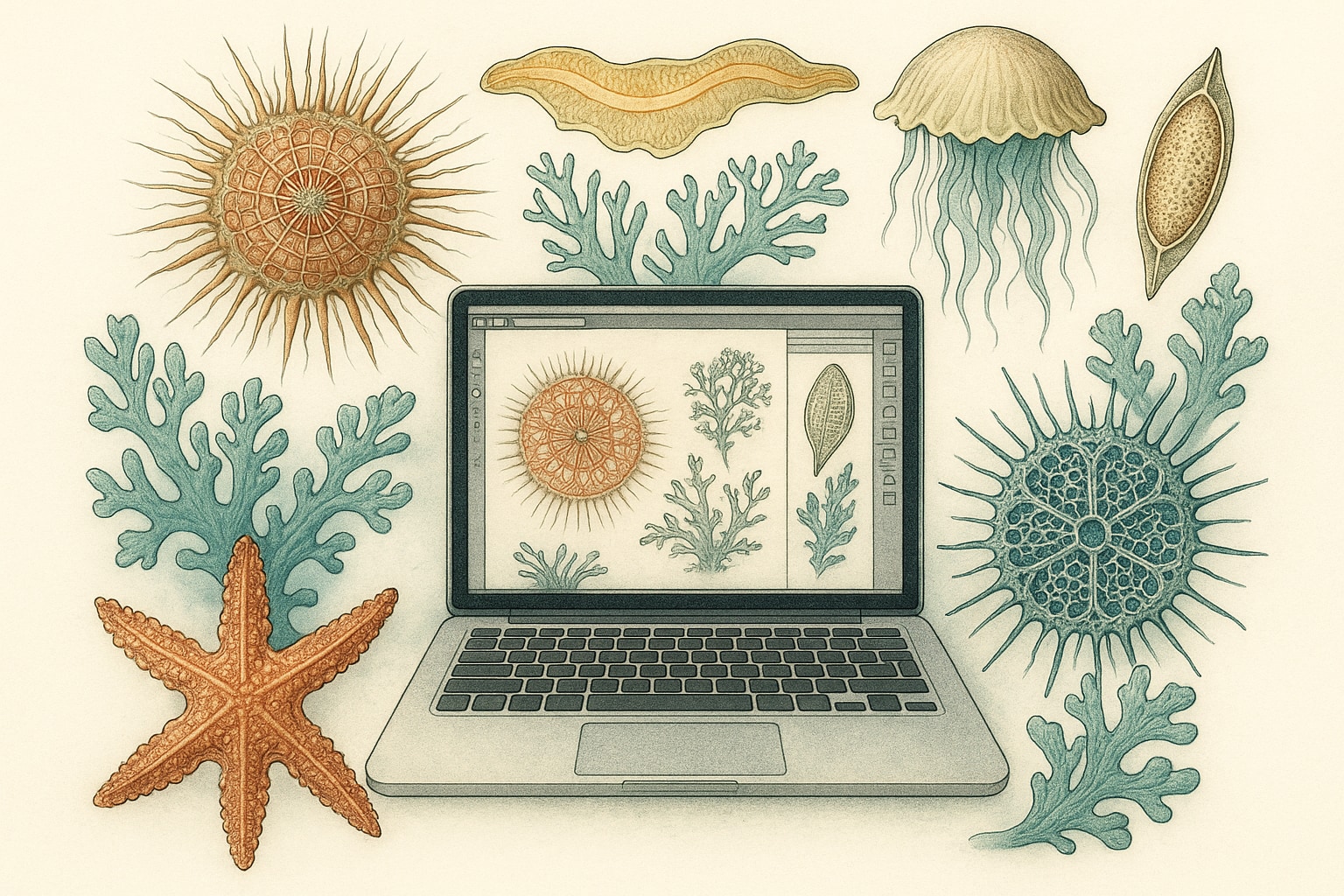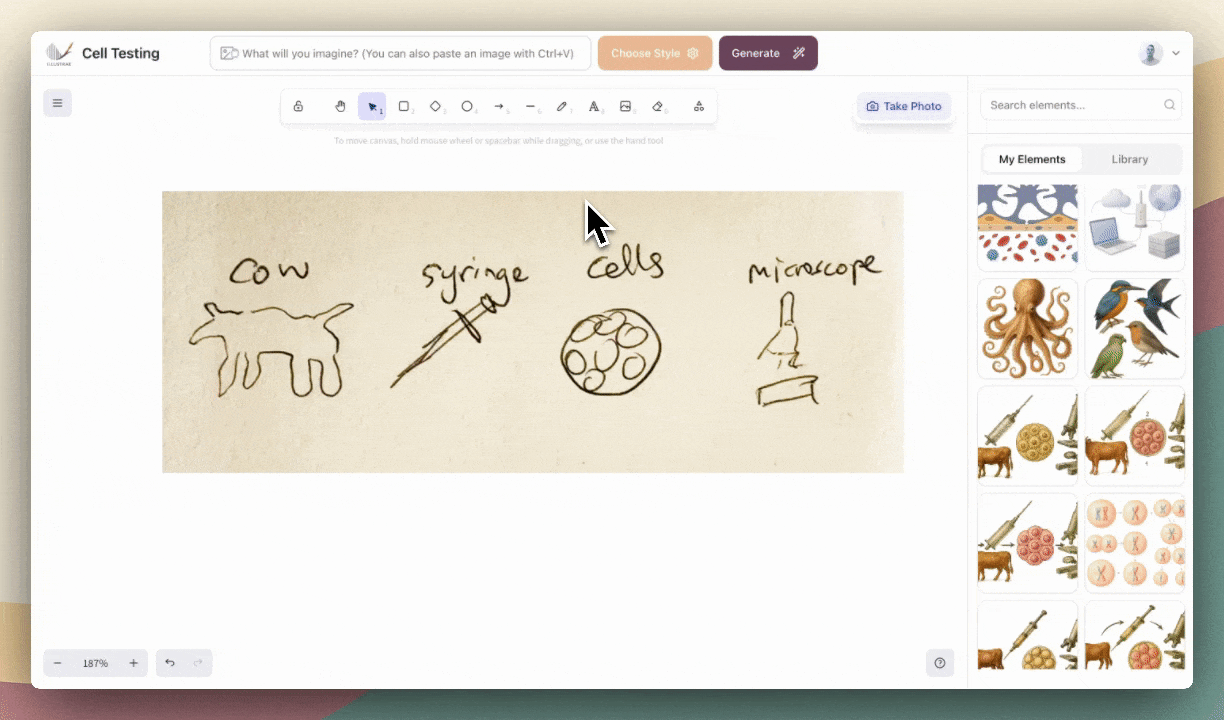Staying ahead in academia isn’t just about hard work—it’s about working smart. As a PhD student, you’re juggling literature reviews, experiments, meetings, and writing deadlines, all while trying to make your mark in your field. Luckily, artificial intelligence is here to help. The right AI tools can save you hours, streamline your workflow, and even help you communicate complex ideas more effectively. Whether you’re writing your dissertation, managing mountains of references, or creating that perfect figure for your next publication, this guide will walk you through seven essential AI tools every PhD student should know in 2025.
7 Essential AI Tools for Every PhD Student: 2025 Guide
Introduction
Let’s face it—being a PhD student is a full-time job (and then some). You’re expected to read hundreds of papers, keep up with the latest research, attend conferences, and publish original work. In the midst of all this, leveraging the right AI tools can be a game changer. From managing citations to generating scientific illustrations, these tools are designed to save you time, reduce stress, and boost your productivity. In this article, we’ll cover seven AI-powered platforms that are transforming how PhD students approach research, writing, and collaboration. Get ready to supercharge your academic journey!
1. Illustrae: Creating Scientific Illustrations
Scientific communication isn’t just about words—it’s also about visuals. Whether you need a figure for your next journal submission, a diagram for your teaching slides, or a schematic to pitch your latest idea, Illustrae has you covered. As a platform dedicated to professional scientific illustration powered by AI, Illustrae enables researchers, educators, and professionals to generate high-quality images in minutes.
Intelligent Canvas: Use an infinite, intuitive canvas with editing tools like frames, arrows, textboxes, and live embed links to build complex illustrations easily.
Custom Element Generation: Just describe what you need—a cellular process, a molecular structure, or an experimental setup—and Illustrae’s AI will create a tailored illustration for you in about a minute. You can also upload sketches or photos to kickstart the process.
Prompt-Based Editing: Need to tweak your image? Use the prompt bar to request changes like "Make the cells pink" or "Add arrows and labels between each step" and let Illustrae’s AI handle the rest, ensuring your visuals are always on point.
By removing the barriers to high-quality scientific imagery, Illustrae empowers you to communicate complex concepts visually—saving time, improving clarity, and elevating your work. For more details, check out https://illustrae.co.
2. Elicit: AI-Powered Research Assistant
Imagine having a research assistant that never sleeps, scans millions of papers, and summarizes the key findings for you. That’s exactly what Elicit brings to the table. Elicit uses advanced language models to automate your literature reviews, answer research questions, and extract relevant information from vast academic databases. With Elicit, you can quickly identify gaps in the literature, generate summaries, and even uncover new research directions—all in a fraction of the time it would take manually.
Time-saving Literature Reviews: Elicit searches through a database of 125 million academic papers, potentially saving researchers up to 5 hours a week.
Relevant Insights: Just type in your research question, and Elicit will fetch and synthesize answers from peer-reviewed sources.
Data Extraction: Pull key information, such as study design and sample size, without having to read every full paper.
Whether you’re starting a new project or preparing your next literature review, Elicit is an indispensable AI companion for every PhD student.
3. Research Rabbit: Visualizing Literature Networks
Digging through endless lists of papers can feel overwhelming, especially when you’re trying to understand how different studies connect. Research Rabbit makes this process visual and interactive. Instead of static databases, Research Rabbit offers a dynamic way to explore scientific literature, helping you see relationships between authors, topics, and research clusters.
Network Visualization: Get a bird’s-eye view of research fields with interactive graphs showing how publications and researchers are interconnected.
Personalized Paper Discovery: Research Rabbit offers interactive visualizations and personalized recommendations, allowing users to explore connections between papers and co-authorships.
Collaboration Insights: Identify potential collaborators and thought leaders in your field at a glance.
This tool is especially helpful for mapping out the landscape of a new research area or tracing the evolution of specific scientific ideas. With Research Rabbit, making sense of the literature has never been more intuitive.
4. Zotero: Streamlining Citation Management
No more scrambling to format your bibliography at the last minute! Zotero is a free, open-source citation manager that takes the pain out of collecting, organizing, and citing sources. With AI-powered features and seamless integrations, Zotero can save you countless hours on referencing tasks.
Automatic Citation Imports: Save papers, web pages, and even PDFs directly to your library with a single click.
Flexible Citation Styles: Zotero supports over 9,000 citation styles and integrates with word processors for automatic referencing.
Group Libraries: Collaborate with labmates or co-authors by sharing references and notes in real-time.
Whether you’re writing a thesis or submitting to a new journal, Zotero ensures that your citations are always accurate and up to date. It’s a must-have for any researcher working with large volumes of literature.
5. Grammarly: Enhancing Academic Writing
Even the best ideas can get lost in translation if your writing isn’t clear and polished. Grammarly’s AI-driven writing assistant goes beyond basic spellcheck—it catches complex grammar mistakes, enhances readability, and even checks for plagiarism to help you maintain academic integrity.
Real-time Feedback: Get style, tone, and clarity suggestions as you write, making it easier to communicate your ideas effectively.
Plagiarism Detection: Grammarly provides advanced grammar, punctuation, and style suggestions, along with plagiarism detection for academic integrity.
Customizable Goals: Set your intent, audience, and formality level for personalized writing advice.
Whether you’re drafting a grant proposal, writing a journal article, or sending an email to your supervisor, Grammarly helps ensure your writing is always professional and error-free.
6. Notion AI: Organizing Research and Notes
Managing your research notes, project timelines, and to-do lists can quickly spiral out of control. Notion AI offers an all-in-one workspace that combines notes, databases, and task management, supercharged with artificial intelligence features.
Smart Summaries: Notion AI helps summarize long documents, generate to-do lists, and provide writing assistance, making it an essential tool for staying organized.
Integrated Workflow: Keep your reading notes, experiment logs, and project plans all in one place for easy access and collaboration.
AI Assistance: Get help brainstorming, outlining, and even drafting sections of your research papers.
With Notion AI, you can focus less on organizing and more on actually doing the research. It’s perfect for PhD students who want structure without sacrificing flexibility.
7. Otter.ai: Transcribing Lectures and Meetings
Whether you’re attending a seminar, lab meeting, or conducting interviews, capturing every detail can be challenging. Otter.ai takes the hassle out of note-taking by providing real-time transcription and smart summaries, so you never miss a critical point.
Instant Transcriptions: Otter.ai transcribes lectures and meetings in real-time, offering summaries and key points, and integrates with platforms like Zoom, MS Teams, and Google Meet.
Searchable Notes: Find specific quotes or topics instantly by searching your transcript archive.
Collaboration Tools: Share transcripts and highlights with collaborators to streamline group projects.
Otter.ai is indispensable for students balancing heavy schedules and multiple commitments. You can review, summarize, and share your meeting notes with zero hassle.
Conclusion
The academic world is more competitive than ever, but with the right AI tools, you can work smarter, not harder. Whether you’re streamlining your literature review with Elicit, visualizing research landscapes with Research Rabbit, managing citations with Zotero, refining your writing with Grammarly, organizing your workflow with Notion AI, transcribing meetings with Otter.ai, or creating stunning scientific figures with Illustrae, each of these platforms brings something unique to the table. Embrace these tools to boost your productivity, enhance your research, and make your PhD journey a little bit easier in 2025 and beyond.





